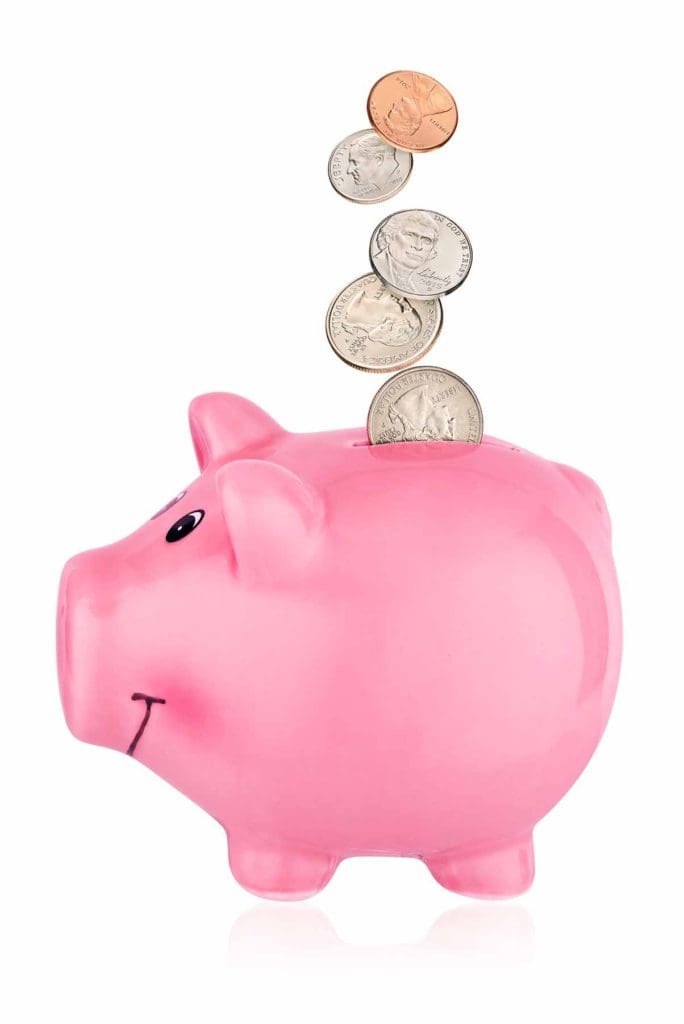Paid search or SEO - which is better?
One of the most common questions posed by business owners has to be ‘Which is better – paid search or SEO?’ You only have a limited amount of resources, whether that is time, money or both. The answers, particularly on social media are most often offered by enthusiastic and well-meaning evangelists of one of the other. (It generally tends to be the one that the writer either understands better, or makes money from!)
The reality is that there is no ‘correct’ answer and in fact, the two work better in tandem than separately. We’re going to run through some basic comparisons of the two, along with the advantages and disadvantages of each. But first, let’s just define exactly what we’re talking about here.
What is SEO?
SEO stands for ‘search engine optimisation’ and put simply, it’s a way of making your website more ‘attractive’ from a search engine perspective so that it appears more often when internet users type search phrases into their search engine. This kind of traffic is generally referred to as organic traffic. The idea of SEO driving organic traffic applies to any online platform, but here we are considering search engine website traffic specifically.
What is paid search?
Much like traditional advertising, paid search involves you paying a a search engine or an intermediary to show your website content as the ‘answer’ to an internet user’s search. The top paid ads will appear further up the page than organic traffic and include other features that make them eye catching. Paid search is generally calculated on a unit cost basis – so an amount per click, per impression or per defined action. The cost of each unit will vary according to the perceived value and demand for that keyword.
Is SEO free?
Before we go on to find out whether paid search or SEO is better for you, we need to debunk one big fat lie. You will often hear people say that SEO is ‘free’ (and presumably, therefore the better option). If anyone ever says this to you – particularly if they are In reality, nothing could be further from the truth; SEO is not free. SEO takes time, a sustained effort and a reasonable understanding of some basic techniques. SEO impact is quite nuanced; many related factors will determine exactly how it benefits your business. These related factors can be slightly different for each business which can be frustrating.

SEO drives nearly 100% more web traffic than paid search
Pros and cons of SEO
The pros of SEO
- It doesn’t rely entirely on cold hard cash, month in month out. Tough times when the rest of your business may be quieter is an ideal time to invest in your SEO!
- The know-how to run your own SEO is freely available and will cost you nothing. A couple of articles isn’t going to cut it, but finding and keeping up with one decent blog that is pitched at your current level of understanding will reap huge benefits.
- If you have to pause your SEO efforts, or take time out of it, your overall results won’t usually suffer too much in the short term.
- SEO results build over time. This means that whether your investment is time or money, the cost per result will actually decrease.
- It’s completely scaleable – your SEO costs don’t ramp up the more successful you are; whatever you put in will keep working for you 24/7.
- Statistically, organic traffic from SEO is more likely to convert to a customer than a paid search. Other metrics like dwell time, pages viewed and bounce rates also tend to be better.
- Appearance in organic search results provides a better boost to your brand authority – even if it doesn’t always result in a click.
The downsides of SEO
- It’s a long game. Like a really long game. The time it takes to see any real impact at all varies depending on how new your site is and how much content you have. The SEO work you put in today will benefit you much more in 12 months time than it will this week, or this month.
- You do need to do your homework to do it effectively. There are a variety of elements to it; you can’t do everything, but you do need to prioritise what is going to make the biggest difference. This is one of the biggest frustrations in the early stages. Someone tells you it’s all about ‘keywords’, it’s all about ‘content’, it’s all about ‘site speed’ and many more magic tricks. In reality, it’s all of these and more. None of them work in isolation (although one of them could be your missing link and actually make a significant difference on its own!)
- As with paid search, the results of SEO efforts can be nuanced and they are slightly more complicated to track. Not all traffic is equal in value and the results are generally not instantly visible or attributable to one particular action.
- Search engine algorithms change. This can be utterly bewildering and can mean that particular tactics become more or less effective. Sometimes these can dramatically affect your traffic overnight – and not generally in a good way. However, as long as you’ve not relied on tactics that try to ‘game’ the system, you will also tend to recover pretty quickly.
- It relies heavily on a body of properly targeted and constantly refreshed content (and somebody’s got to produce this and it’s no walk in the park.)
- Organic traffic is increasingly competitive. Aside from the vast quantities of new content produced daily, search engines look for ever more innovative ways to provide users with information without the need for them to click on your site.

45% of Google searches result in an organic click

Pros and cons of paid search
The pros of paid search
- It’s fast; if you are going to get results, they will be immediate. As soon as you start running your ads, you will see traffic increase.
- It’s relatively easy to target your ads to a particular audience, keywords or geographical location; so segmenting your traffic is child’s play.
- Search engines really know their stuff, so the results you ask for will be what you get in return for the money you pay.
- The results are transparent – you will be deluged with more data than you can ever hope to absorb. The results are pretty transparent and provide a lot of info to modify your approach.
- It’s relatively certain to pay for itself. It very much depends on your business model and strategy, but even knowing nothing, paid search ads will almost certainly deliver enough leads in a period to justify the expense.
- Paid search ads have massive reach potential. This is great for brand awareness.
The downsides of paid search
- Much like SEO, you really need to do your homework to get any value for money. It’s super easy to set up, part with your cash, but its important you really understand the results you are looking for. If you don’t, you’ll achieve them for sure, but they may have no actual value. Search traffic is not equal, some is infinitely more valuable than others!
- In general the process for setting up your ads is over simplified (in my view). Of course it is. There is plenty of material across the internet about setting up search ads – it’s worth the time investment to read it. Avoid thinking that simply going with the flow of the process will get the results you actually need.
- Whilst the results are instantaneous, so is the drop off. The minute you stop paying, the impact dries up. It’s not a great ‘business as usual’ strategy if your business experiences ups and downs.
- In general the costs will increase over time as paid search becomes more and more competitive. The more traffic / leads / conversions you get, the more you pay, so it’s not necessarily scalable or sustainable.
- Although any paid search effort will deliver leads, its very easy to end up with leads that are no use to you, that your website doesn’t appeal to or that you can’t service. (Not all search traffic is of equal value remember?)
75% of professional marketers believe SEO tactics help them to achieve their marketing goals
So which is actually better - paid search or SEO?
Frustratingly the answer is neither. To some extent you are trying to compare apples and pears. SEO is a must if you have a website, even if you also use paid advertising. Did you know for example that the price you pay and the ranking of your paid search is affected by your SEO?

In conclusion, SEO is the better option for those looking to improve their website visibility and organic traffic. Paid advertising may give you a quick boost, but it is not a sustainable solution in the long run. SEO takes time and effort, but it is worth it in the end.
If you are not tapping your SEO potential, start now – you could start with an audit or a blitz. SEO is something to be done on an ongoing basis, much as you might do your bookkeeping or your filing. Paid search really comes into its own in terms of reaching and raising your brand awareness with audiences that your SEO can’t yet reach (and possibly never will). Paid search can also be useful for doubling down on your efforts when searches for a particular search term will seasonally peak.